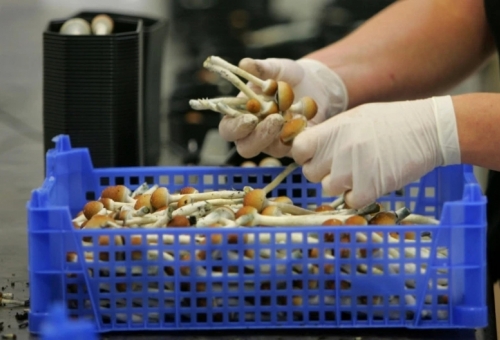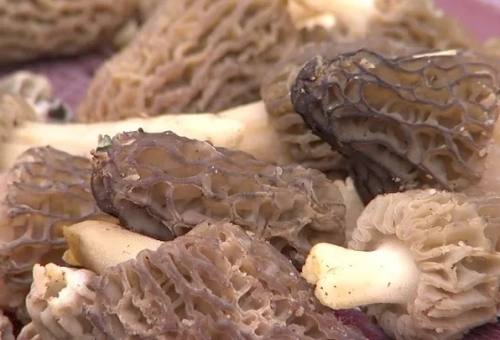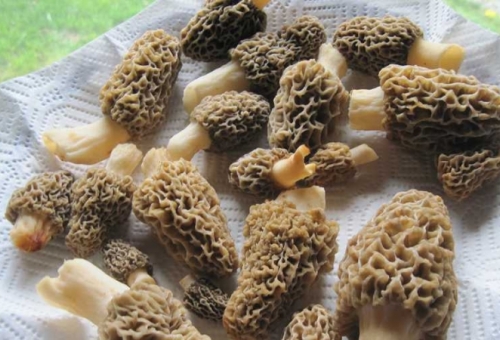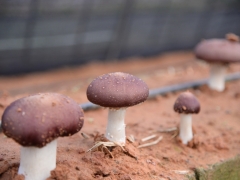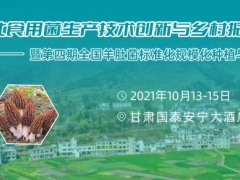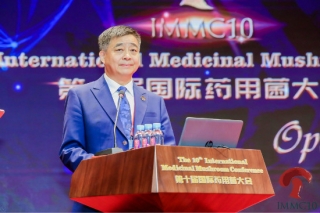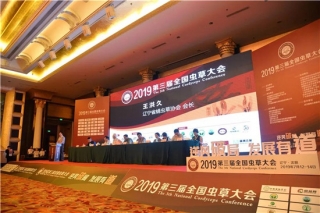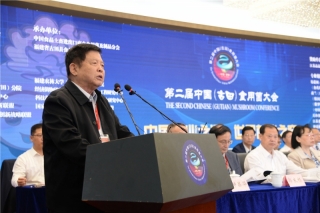Among the highlights of the conference will be the launch of the World Association of Mushrooms (Wam) by a company from Croatia.
"Our main objective is to allow networking and the sharing of experiences especially for mushroom practitioners of this region and all the other parts of the world. That sharing of experiences will result in continued collaboration because we will enable people to meet, exchange ideas and establish their own links for further interactions."
Organisers have lined up an impressive list of speakers during the conference. They include Unam scientist Dr Cousins Gwanama, who coordinates a Nepad-funded regional project, and Professor Kito Mshegeni, an expert in mushroom science from Tanzania.
The president of Asemm, Professor Omon Isikhuemhen, a top mushroom scientist based in the USA, jetted into Windhoek on Tuesday and is working with the local organizing committee to ensure that the conference runs smoothly.
In an interview, Isikhuemhen said of Asemm: "Its objective is to create a forum for African scientists, farmers, medical practitioners and traditional medical practitioners to come together and start talking to each other so that we can start to exploit the natural resources of mushrooms for food and medicine for humans and animals."
He said the association had grown from when the first conference was held in 2006 and that many ordinary people were showing keen interest in its conferences. This, he said, was good because Asemm seeks to educate people about the mushrooms that they have always been eating and how to grow them.
According to Isikhuemhen, in China and Japan where mushrooms are widely appreciated, it is rare to go into a restaurant and see a menu that does not include mushrooms, or to be given cancer treatment that does not include mushroom.
Asked what it would take to pupolarise mushrooms in developing and transition countries, Isikhuemhen said a lot needed to be done but a lot had also been done.
"The problem we have had all the time is the manner of introducing mushrooms to the people, which was not the best. It was not done at grassroots level and there was no sustainability. There is need to go to the people, ask them which mushrooms they have been eating and show them how to grow it. That way you don't have to preach to convince them."
It makes sense. After all, the mushroom that locals eat has acclimatized to the local conditions and the environment so African scientists need to look into the local environment and use the knowledge they acquired abroad to boost local production.
Isikhuemhen said the major obstacle to widespread production of mushrooms in Africa was a lack of spawn (seed).
"Producing it is a very technical process. That is why university professors who have the microbiology knowledge must be involved. Governments must come in to support universities and research institutes and allow then to work with business enterprises to boost production," he concluded.





